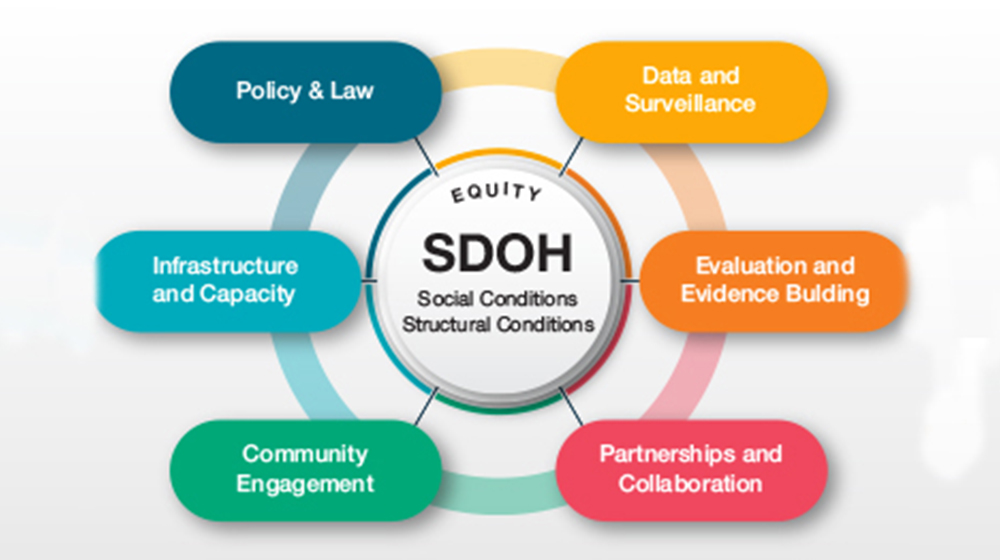Delving Deep into Social Determinants of Health (SDOH): A Cultural Perspective

Overview of the Study: In the past two decades, an increasing spotlight has been cast on the health disparities in sleep and sleep disorders across the globe. These disparities, rooted in socioeconomic, historical, and cultural contexts, have shown a direct link between sleep quality and cardiometabolic diseases. Particularly in the USA, marginalized racial or ethnic communities and those from low-income households bear a disproportionate burden of sleep-related chronic illness. This study, focusing on the social determinants of health (SDOH), aimed to capture the effects of non-medical factors, such as economic systems, social norms, and political systems, on health outcomes. The discussion delved deep into understanding how SDOH influences health equity and explored the potential cultural viewpoints that mold individuals’ experiences.
Challenges:
1. Complex Themes: The many interconnected themes within SDOH posed a challenge in understanding how they collectively influence health outcomes.
2. Nuanced Responses: The subtlety in participant responses demanded a deeper analysis to grasp how respondents perceive the modifiability of SDOH and their control over it.
Datagain's Role:
Datagain recognized the challenges presented by the SDOH topic. We thoroughly analyzed the discussions, focusing on participants’ experiences, cultural viewpoints, and how they felt SDOH affected their health. Our team’s skill was crucial in understanding the finer details of participant responses, especially regarding how changeable they believed SDOH factors were and their sense of control over these factors.
Impact: Datagain's rigorous analysis unveiled:
1. Clarified Themes: The team’s analysis clarified the interconnected themes within SDOH, elucidating how they collaboratively impact health outcomes.
2. Insights into Modifiability: The study shed light on the participants’ perceptions regarding the flexibility of SDOH and their ability to exert control over these determinants. These insights are paramount in informing interventions and policies that aim to address health disparities.
3. Recommendations for Outreach: The discussions provided actionable suggestions on how health institutions can effectively communicate the effects of SDOH to various communities, ensuring that the knowledge is tailored, accessible, and actionable.
By meticulously analyzing the discussions and deciphering the nuances within, Datagain contributed significantly to the broader understanding of SDOH and its effects on health outcomes from a cultural perspective.



